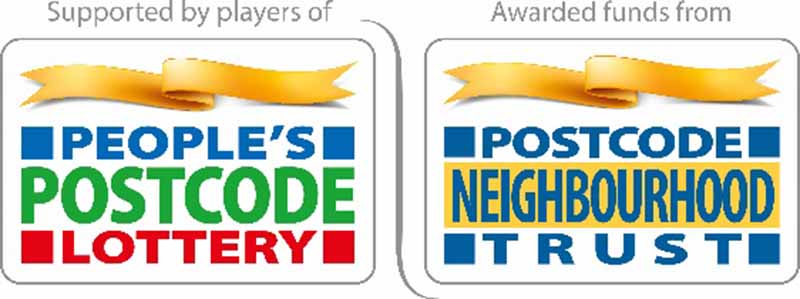Handbooks and Websites
Websites
www.sapere.org.uk SAPERE, umbrella organisation for P4C in UK. Explanation of P4C and its background; links to other P4C sites. Subscription to SAPERE allows access to further resources and ideas and regular email bulletins.
www.p4c.com An online resource and collaboration service for P4C. Although a subscription website this has a wealth of excellent ideas for developing P4C in every area of the curriculum as well as many practical suggestions for every step of an enquiry. This website is constantly updated by trainers and teachers using P4C.
The following books are available to purchase from DECSY:
Children As Philosophers, Joanna Haynes, Routledge, 2008
This fully revised second edition explains ways in which philosophical enquiry can be introduced through literature, personal, social and health education, citizenship and across the whole curriculum. The book demonstrates children’s capacities to engage in sophisticated processes of dialogue and enquiry about a wide range of issues. It underlines the importance of listening to children’s ideas and includes many practical suggestions for the classroom. The author discusses the pleasures and challenges for adults in managing discussion and responding to children’s claims to knowledge in the philosophical arena.
This fascinating book, commended by academics and practitioners, is an invaluable resource for all those seeking a thoughtful and contextualised introduction to the theory and practice of philosophical enquiry with children, including:
- expanded discussion on children’s voice and participation at school
- dialogical approaches to teaching and learning
- new evidence about its impact in classrooms
- what should inform the choice of resources for teaching philosophy
- wider international debates about learning and intelligence
New reports are presented from children and teachers, from the fields of Gifted and Talented and Special Needs Education, and from international research carried out over the last five years.
Teaching Thinking: Philosophical Enquiry in the Classroom, Robert Fisher, Continuum, 2008
A highly successful guide to encourage classroom discussion for developing children’s thinking, learning and literacy skills containing material on the latest trends in teaching thinking, including dialogic teaching, creativity and personalised learning. This sourcebook of ideas is essential reading for anyone seeking to develop children’s minds, to build their self-esteem or to improve the quality of teaching and learning in schools.
But Why? Developing Philosophical Thinking in the Classroom, Sara Stanley, Network Educational Press, 2004
This manual is a highly practical guide for Foundation Stage and Primary that includes: how to run a successful P4C session using stories and other stimuli for P4C; strategies that will lead to fruitful thinking; inspiring case studies and examples; a bank of games and activities; integrating philosophy into the school; involving parents.
Why Think? Philosophical Play from 3-11, Sara Stanley, Continuum, 2012
In this book, the author of ‘But Why?’ explores how to maximise philosophical play through activities, games and parental engagement. Includes:
- inspirational case studies with transcripts of dialogue
- facilitation techniques and information on philosophical concepts
- a list of recommended books and resources, online quizzes, thinking games and useful web links
- question-board activities to stimulate daily thinking
Philosophy for Children Through the Secondary Curriculum, Lizzy Lewis & Nick Chandley (eds), Continuum, 2012
Each chapter in this book, which has been edited and collated by SAPERE, is written by a leading P4C expert and provides an introduction to the relationship between P4C and the subject area, plus lesson stimuli and activities for extending and deepening students’ thinking. The book includes:
- guidance on how to embed P4C in curriculum subjects in a crowded and demanding secondary curriculum timetable
- troubleshooting advice for the teacher-turned-facilitator
- a companion website containing useful links, downloadable resources and material to display on your interactive whiteboard
Philosophy With Teenagers, Patricia Hannam & Eugenio Echeverria, Continuum, 2009
This book offers a clear introduction to the theory and practice of P4C. It explains how P4C can facilitate young people’s exploration of key ethical concerns of our time, such as sustainability, justice and intercultural and interfaith understanding. It considers why exploring such issues philosophically with their peers can help young people with the process of growing up into confident individuals and responsible citizens.
‘… one of the first attempts to show us how we might use the Community of Philosophical Inquiry to go about a reconstruction of education that would render students the cognitive, social and emotional skills they need to live consciously and actively in a global world’. From the foreword by Ann Margaret Sharp, Montclair State University, USA.
Stimuli material
DECSY is able to recommend P4C stimuli material for different themes, curriculum areas and age groups. Please contact Helen if you would like suggestions (or if you have used a stimulus that has worked well). For suggestions for stimuli material and downloadable films go to the members’ area.




